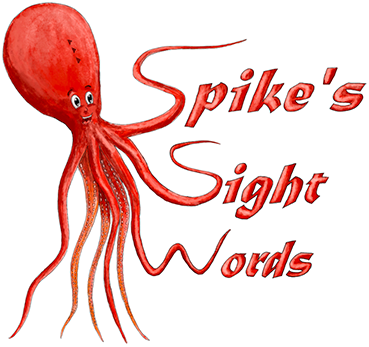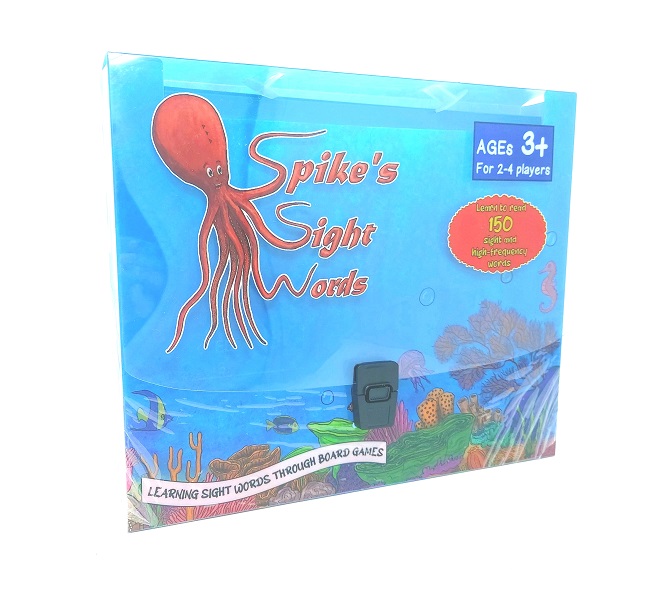

Hyperlexia is a fascination with letters and numbers. People with hyperlexia have an innate ability to decode or sound out words very quickly and are commonly known as “super readers”. They generally have a very good auditory and visual memory.
While they can read well, they may have verbal communication skills that are below their age level. Reading comprehension can be difficult for some with hyperlexia.
A person with hyperlexia is excellent at memorising and quick to learn rules and patterns.

What causes Hyperlexia?
There are three different types of hyperlexia, each with different potential causes.
- Hyperlexia one – children with no underlying disabilities learn to read early on and above their age level. Other children eventually catch up, making this a temporary form of hyperlexia.
- Hyperlexia two – a type of hyperlexia that appears in children that also have autism. Caused by an obsession with numbers and letters that leads to a much higher reading level than their age.
- Hyperlexia three – this form of hyperlexia decreases over time. Those with hyperlexia three will have exceptional reading skills but may fall behind in verbal communication. However, over time, these symptoms will disappear.



